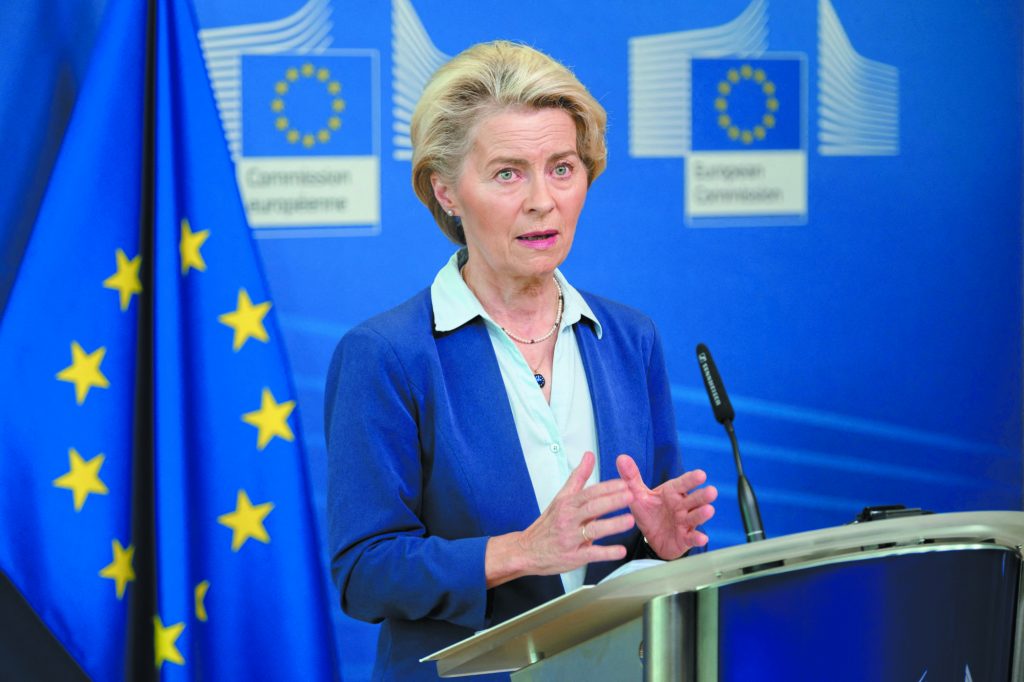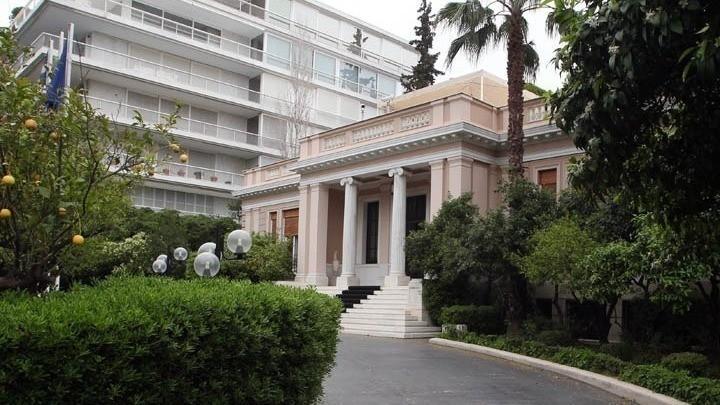The short-term rental market in Greece, including platforms like Airbnb, experienced a dip in March, driven primarily by seasonal factors rather than a fundamental drop in demand.
According to analysts, the rare convergence of Orthodox and Catholic Easter celebrations this year significantly influenced travel behavior, shifting activity between March and April.
Occupancy Trends and Airbnb Dynamics
Data from analytics firm AirDNA shows that average occupancy for short-term rentals dropped to 45% in March, down from 49% the same month last year—a decrease of four percentage points. In parallel, total stays declined by 8% year-on-year, a trend directly linked to a 20% increase in available nights.
The number of available overnight stays climbed to 1.156 million this March, up from 964,000 in March 2024. While demand rose by 10%—with 522,000 nights booked compared to 474,000 a year earlier—it wasn’t enough to maintain occupancy levels, which softened under the weight of increased supply.
The total number of active listings saw only modest growth, increasing by 5%. Available listings reached 3.3 million, marking a 4.6% year-on-year rise. Meanwhile, total booked nights across the platform edged up by just 1.8% to 26.6 million.
Price Sensitivity Shapes Performance
Occupancy levels varied across price categories. Properties on either end of the pricing spectrum—budget and luxury—saw smaller declines in occupancy, around 6.6% annually. These segments showed more resilience, suggesting that travelers are increasingly polarizing their preferences toward either affordable options or premium experiences.
Mid-range properties, however, bore the brunt of the supply-demand mismatch, with occupancy falling by approximately 9%, reflecting their greater vulnerability to market fluctuations.
Thessaloniki’s Upscale Surge
In Thessaloniki, premium listings bucked the national trend. High-end rentals recorded an annual occupancy increase of 4% in the upper tier and 6% in the luxury segment. On the flip side, budget accommodations in the city delivered weaker performance, reinforcing the broader trend toward upscale stays.















![Ακίνητα: Η έκπληξη της Θεσσαλονίκης στο real estate [πίνακες]](https://www.ot.gr/wp-content/uploads/2026/01/Thessaloniki-White-Tower-film-1024x576-1.jpg)






















